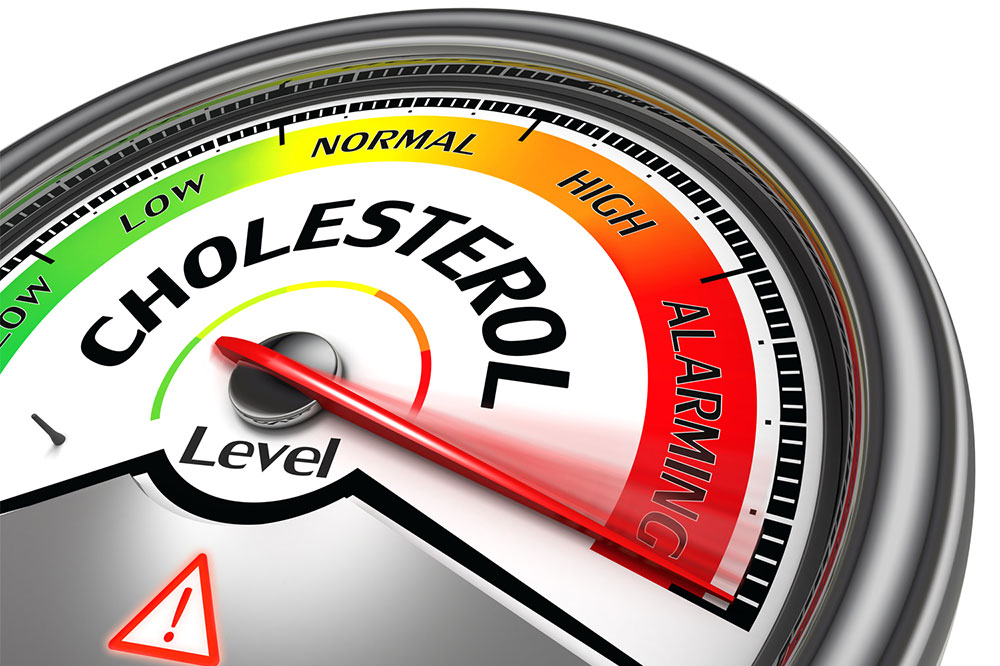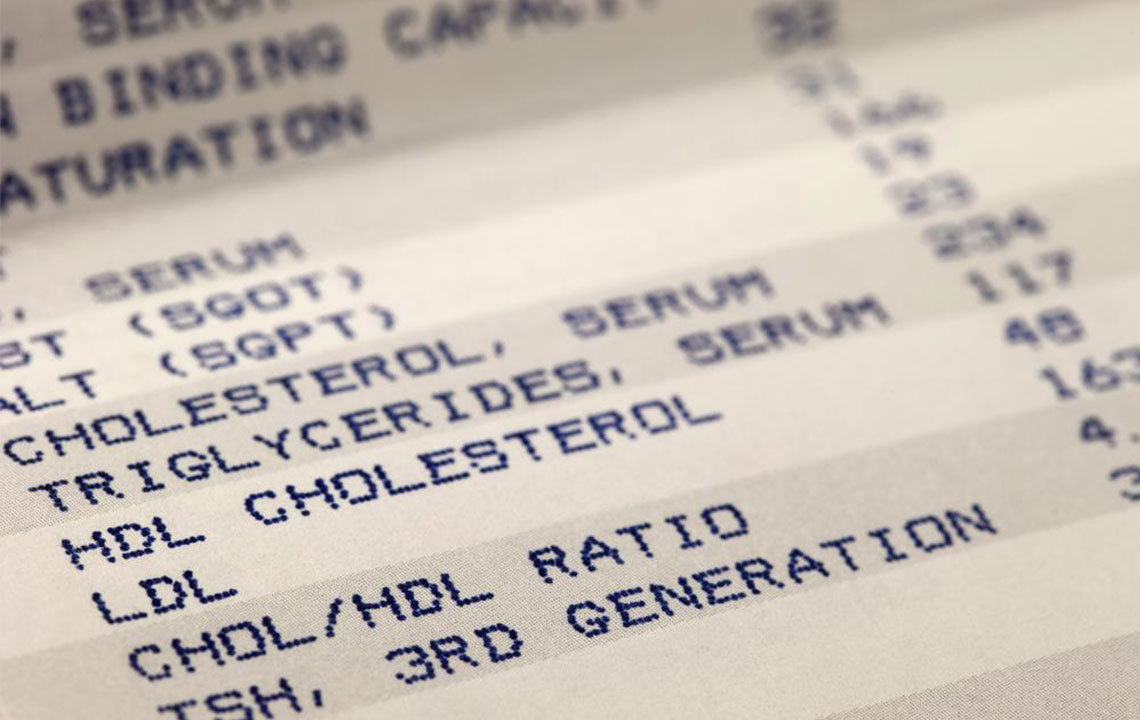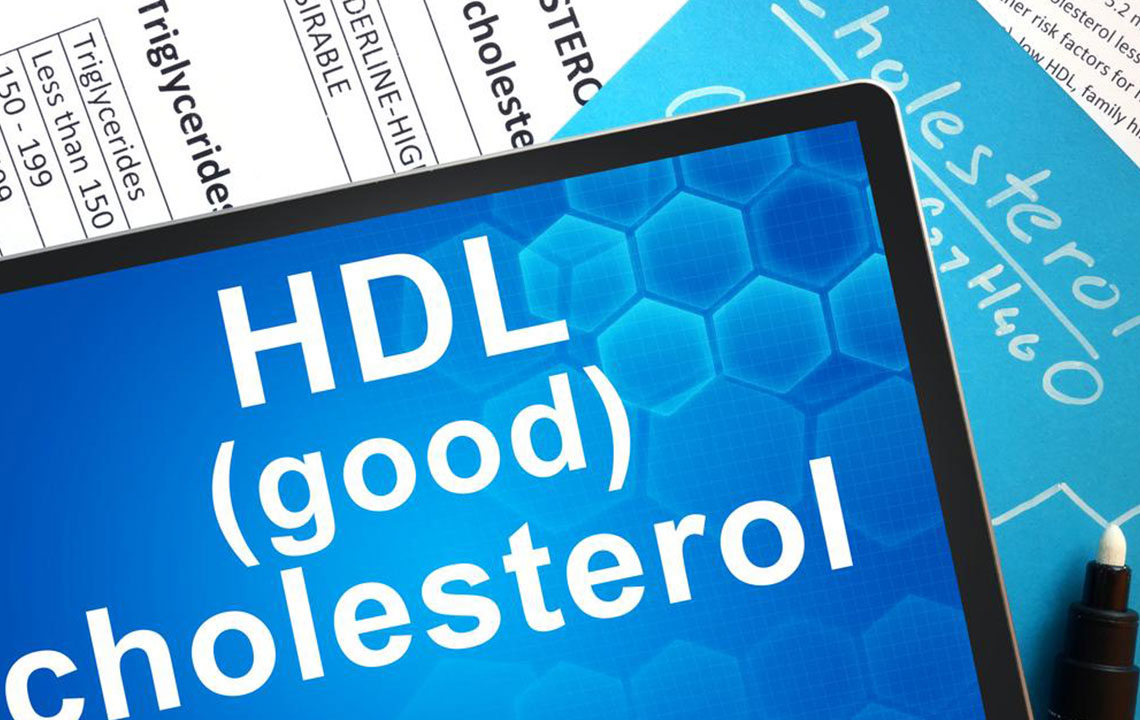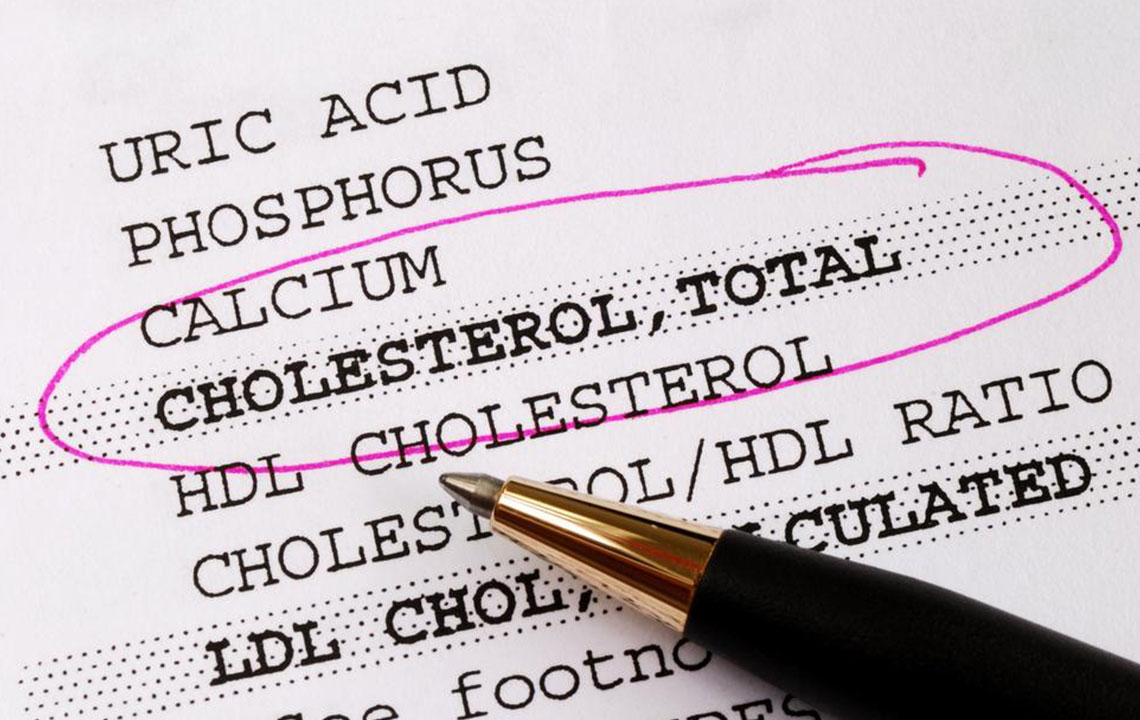Understanding Cholesterol: Myths and Facts
Learn key insights about cholesterol, including its types, health risks, and factors influencing levels. Understand how good and bad cholesterol affect heart health and discover why regular checkups are essential for maintaining optimal cholesterol levels. This comprehensive overview emphasizes lifestyle choices and genetic factors that impact cardiovascular health.

Understanding Cholesterol: Myths and Facts
High cholesterol affects nearly one-third of Americans, earning it the nickname as a silent threat. While cholesterol itself doesn't directly cause death, elevated levels increase the risk of heart attacks and strokes, which are leading causes of mortality in the U.S.
So, what exactly is cholesterol? It’s a vital fat-like substance in body cells, essential for hormone production, vitamin D synthesis, and digestion. The liver produces all necessary blood cholesterol, while dietary cholesterol comes from animal-based foods like meats, dairy, seafood, and eggs. Excess dietary cholesterol can raise cardiovascular risk.
Good vs. Bad Cholesterol
Cholesterol travels through the bloodstream via lipoproteins: LDL (bad cholesterol) and HDL (good cholesterol). LDL may deposit on artery walls, forming plaques that restrict blood flow, leading to cardiovascular problems. Conversely, HDL helps remove excess cholesterol from tissues to the liver for elimination.
Factors Influencing Cholesterol Levels
While limiting cholesterol-rich foods is helpful, other factors affect levels. Some are uncontrollable, like genetics, age, and preexisting health conditions such as diabetes or obesity. A family history of high cholesterol warrants regular screenings to monitor your levels. Aging also hampers the body's ability to clear cholesterol efficiently.
Note:
The information provided here is for educational purposes only. It should not replace professional medical advice. Always consult healthcare professionals for diagnosis and treatment of health conditions.










